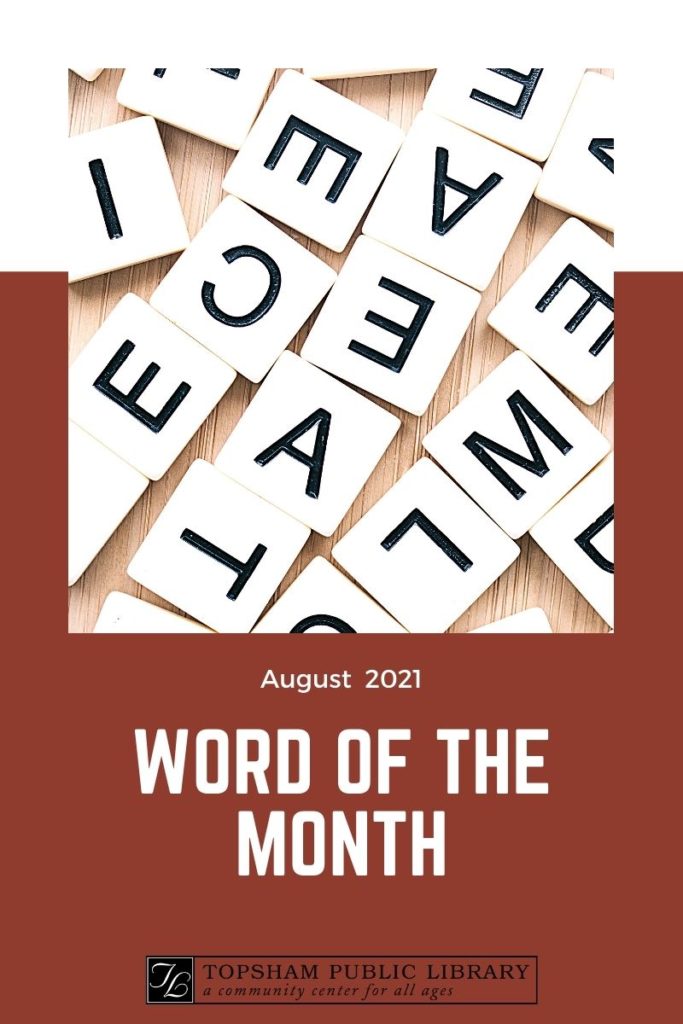Our word for August, sagacity, means incisive wisdom or sharp discernment; the quality of having or showing understanding and the ability to make good judgments (source); the quality of being wise and farsighted (source).
One famous example of its usage comes from Mary Shelley in Frankenstein: “I had sagacity enough to discover that the unnatural hideousness of my person was the chief object of horror with those who had formerly beheld me.”
Another comes from Les Misérables by Victor Hugo: “With the sad and innocent sagacity of childhood, Cosette measured the abyss which separated her from that doll.”
Some sources say that the first recorded use of sagacity comes from the 15th century and others state that in the 17th and 18th centuries, sagacity was used to refer to an animal’s acute sense of smell. For example, Merriam-Webster states, “Sagacious entered the English language around the beginning of the 17th century and, for some decades, referred to perceptiveness of sight, taste, and especially, smell. One of the first authors to use the word, Edward Topsell, wrote in 1607 of bees searching for something with “a most sagacious smelling-sence.”
While the word is used differently today, you could say that if you have sagacity you are able to sniff out good ideas from the bad.

